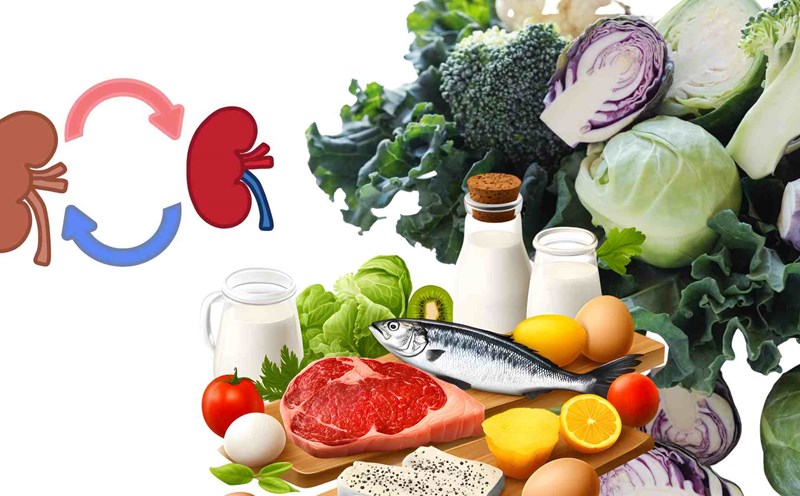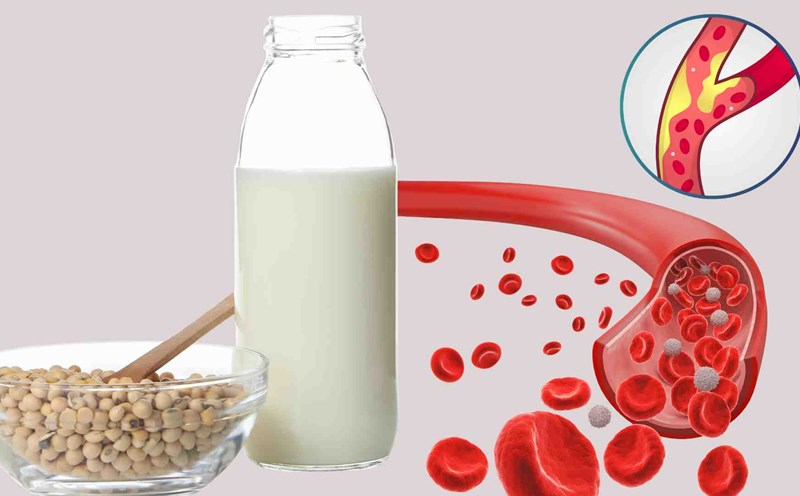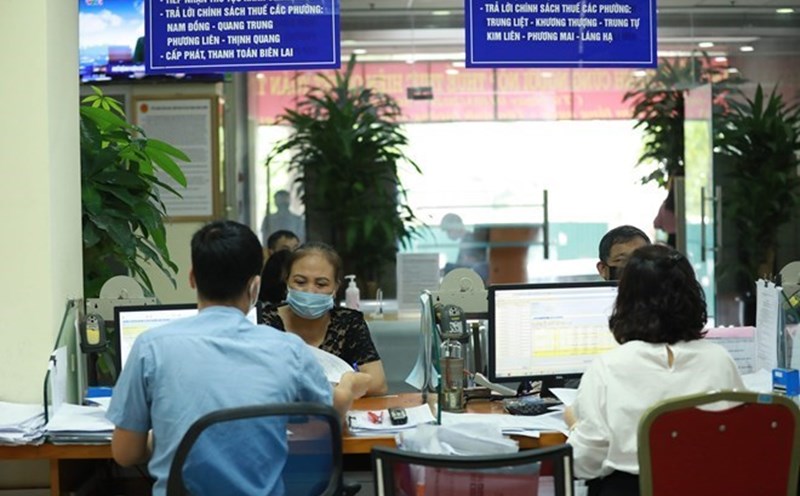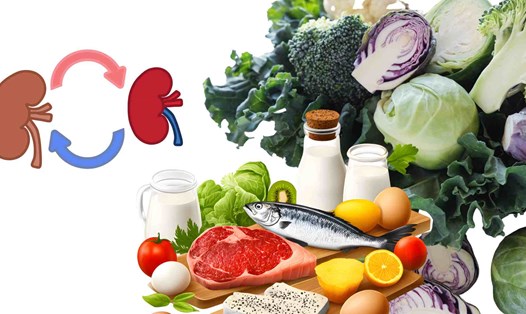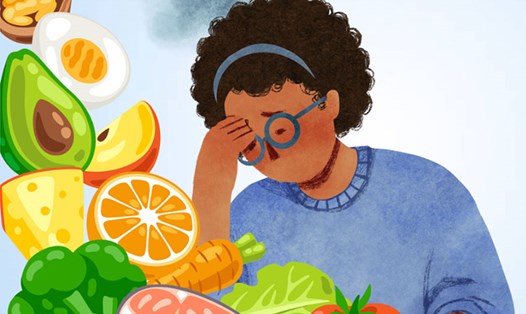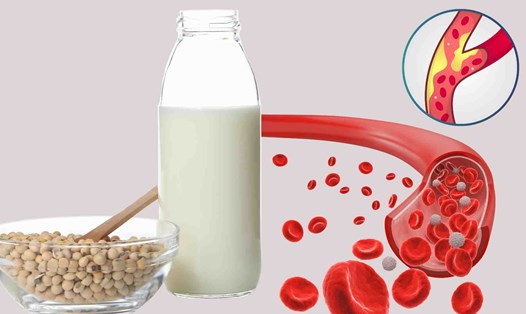Smart meals help lower bad cholesterol
According to nutritionist Brittany Poulson, MDA, RDN, CD, CDCES, from University of Utah (USA), foods can have a strong impact on cardiovascular health: "A reasonable diet helps reduce bad cholesterol LDL and increase heart-healthy HDL cholesterol".
Beans such as black beans, lentils, chickpeas are a rich source of soluble fiber, which helps absorb and eliminate cholesterol from the body. Nuts such as walnuts and almonds contain unsaturated fats, antioxidants and omega-3, which help reduce the risk of stroke and heart attack.
Avocado is also a star of a healthy menu thanks to its saturated monounsaturated fat content, which helps improve blood lipid index. Meanwhile, fatty fish such as salmon, tuna, and sardines provide natural omega-3s that help reduce triglycerides and stabilize heart rate.
In addition, whole grains such as barley contain beta-glucan, a fiber that helps reduce LDL cholesterol. Soybeans and products such as soy milk and tofu have also been shown to improve both LDL and HDL.
Supplementing good foods, small changes, great benefits
According to cardiologist Richard N. fogoros, MD, University of Pittsburgh (USA), replacing saturated fat with extra virgin olive oil or taking sterol and stanol supplements can reduce LDL cholesterol by 8 - 10% in just a few weeks.
Some other foods that also have a positive effect on the heart such as dark chocolate rich in flavonoids, fruits (teas, oranges, berries) containing pectin help reduce cholesterol absorption, and green tea with antioxidant polyphenols. Fresh, low-calorie, high-fiber vegetables should also appear regularly in your daily diet.
Experts recommend maintaining a Mediterranean diet rich in vegetables, nuts, fish and olive oil combined with regular exercise, which can significantly reduce the risk of heart disease and stroke.

